The Dismissal
Where were you on November 11, 1975?
Edited by Sybil Nolan
With an introduction by Jenny Hocking
Well may we say God Save the Queen because nothing will save the Governor-General! The proclamation which you have just heard read by the Governor-Generals official secretary was countersigned Malcolm Fraser, who will undoubtedly go down in Australian history from Remembrance Day 1975 as Kerrs cur. They wont silence the outskirts of Parliament House, even if the inside has been silenced for the next few weeks. The Governor-Generals proclamation was signed after he had already made an appointment to meet the Speaker at a quarter to five. The House of Representatives had requested the Speaker to give the Governor-General its decision that Mr Fraser did not have the confidence of the House and that the Govenor-General should call me to form the Government.
Maintain your rage and enthusiasm through the campaign for the election now to be held and until polling day.
Gough Whitlam
Parliament House, November 11, 1975
VOTE  GUNSTON FOR GOVERNOR-GENERALNorman Gunston
GUNSTON FOR GOVERNOR-GENERALNorman Gunston November, 1975
MELBOURNE UNIVERSITY PRESS
An imprint of Melbourne University Publishing Limited
1115 Argyle Place South, Carlton, Victoria 3053, Australia
mup-info@unimelb.edu.au
www.mup.com.au
First published 2005
This edition published 2015
Text Melbourne University Publishing, 2015
Design and typography Melbourne University Publishing Limited, 2015 Copyright in the individual pieces remains with their respective authors.
This book is copyright. Apart from any use permitted under the Copyright Act 1968 and subsequent amendments, no part may be reproduced, stored in a retrieval system or transmitted by any means or process whatsoever without the prior written permission of the publishers.
Text design by Phil Campbell
Typeset in Janson Text by Syarikat Seng Teik Sdn. Bhd.
Cover design by Philip Campbell Design
Printed in Australia by McPhersons Printing Group
National Library of Australia Cataloguing-in-Publication entry
The dismissal: where were you on November 11, 1975?
Sybil Nolan
9780522869217 (paperback)
9780522869224 (ebook)
Includes index.
Australian Labor PartyHistory20th Century.
AustraliaPolitics and government19721975
324.29407
Contents
John Button
Mike Steketee
Bob Ellis
Ken Wriedt
David Kemp
Dale Budd
Ian Macphee
Peter Baume
Bob Hawke
Patrick Weller and Bron Stevens
David Smith
Glyn Davis
Frank Moorhouse
Michael Gawenda
Pamela Bone
Ann Curthoys
Steve J Spears
Marg ODonnell
Michael Gurr
Craig Sherborne
Peter Davis
KS Inglis
Shane Carmody
Lindy Morrison
Gerard Henderson
Mark McKenna
Tony Wright
Michelle Grattan
Acknowledgements
Many people contributed to the writing and making of this book. In addition to those credited in the text, Penelope Debelle assisted by identifying Steve Spears and Peter Davis as possible inclusions, and compiling their contributions. Louise Adler, Kathy Bail, Dale Budd, Glyn Davis, Jenny Hocking, David Kemp, Frank Moorhouse, Marg ODonnell, Tracy OShaughnessy, Mike Steketee and Russell Robinson also made useful suggestions. At a time when she was already busy getting another book to the printers, Jenny Hocking took on the task of writing a scholarly introduction to the book. Phil Campbell enthusiastically embraced the concept of designing a text and cover that harked back to the heady days of the seventies without revisiting the daggier aspects of the times, and Eugenie Baulch performed an impeccable copy-edit.
Chronology
December 2, 1972: | Whitlam government elected. |
May 18, 1974: | Double dissolution election. Whitlam government re-elected. |
July 11, 1974: | Sir John Kerr sworn in as Governor-General. |
March 21, 1975: | Malcolm Fraser becomes Opposition leader, defeating the incumbent Liberal leader, Bill Snedden. |
June 28, 1975: | Labor defeated in Bass by-election. |
August 21, 197S: | Malcolm Fraser declares Oppositions intention to pass the Budget. |
September 9, 1975: | Albert Patrick Field appointed to the Senate by Queensland Premier, Sir Joh Bjelke-Petersen. |
October 14, 1975: | Minerals and Energy Minister Rex Connor resigns over the Loans Affair. |
October 15, 1975: | Opposition parties formally declare their intention to block the Budget. |
November 2, 1975: | Malcolm Fraser meets premiers and senior Liberals in Melbourne. |
November 11, 1975: |
1.00 p.m. approximately: | Sir John Kerr sacks Prime Minister Whitlam. |
1.30 p.m. approximately: | Malcolm Fraser sworn in. |
2.00 p.m.: | Parliament resumes. |
2.23 p.m.: | Budget Bills passed in the Senate. |
4.45 p.m. approximately: | David Smith reads the proclamation dissolving Parliament on the steps of Parliament House. Gough Whitlam addresses the crowd. |
13 December, 1975: | Coalition parties defeat Labor in double dissolution election. |
Foreword: A Festival of Democracy
This anthology was published ten years ago to mark the thirtieth anniversary of the dismissal of the Whitlam Labor government on November 11, 1975. Starting near the centre of the action at Parliament House in Canberra, and moving out past the demonstrators assembled on the buildings front steps, the collection gathered up the scattered voices of participants and observers, from battle-hardened politicians and staffers who played their parts on that day to students in the nations schoolyards; from mothers feeding young children in the kitchens of quiet suburbs and country towns to poets and anarchists gathering in their favourite bar in Balmain; from public servants, journalists and academics in the capital cities to those completely isolated from events: a novice in a Jesuit seminary, a farmer and fisherman on a lonely island, and even a group of expatriate Queensland artists, musicians and activists who marched down Fleet Street in London in protest.
The words on the books cover unambiguously declared that the Dismissal had been the defining political event of a generation, and as numerous contributors showed, this was true enough for Australians on the Left. For many who had come to maturity during conscription and the Vietnam War, the Dismissal was the final proof of conservative perfidy. For their younger sisters and brothers and cousins still at high school, it was (lets be honest) an exciting moment of political awakening. In what sort of democracy would a prime minister turn up for work one sunny day only to find that he had been let go from the job of running the country by an unelected representative of the British Crown? (Outrage! To the barricades!)

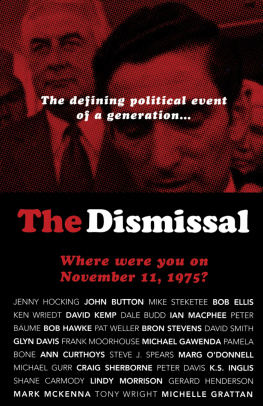

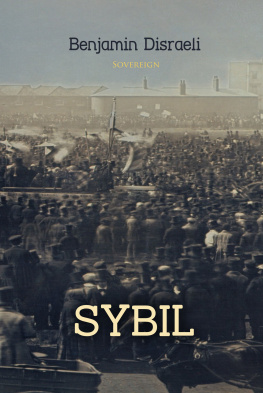
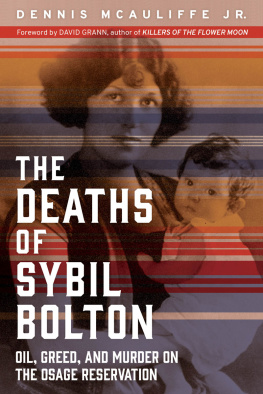
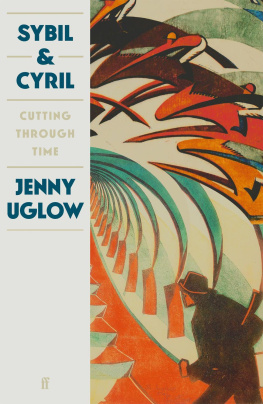


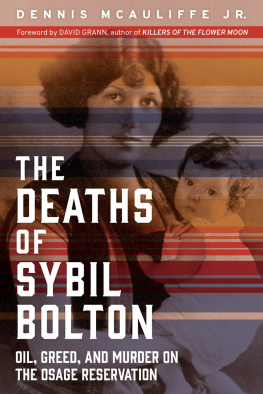
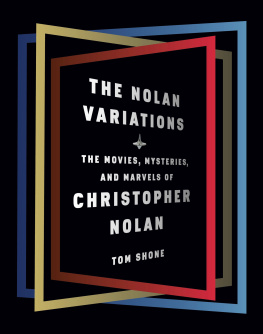



 GUNSTON FOR GOVERNOR-GENERAL
GUNSTON FOR GOVERNOR-GENERAL